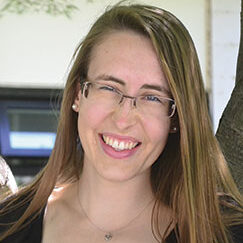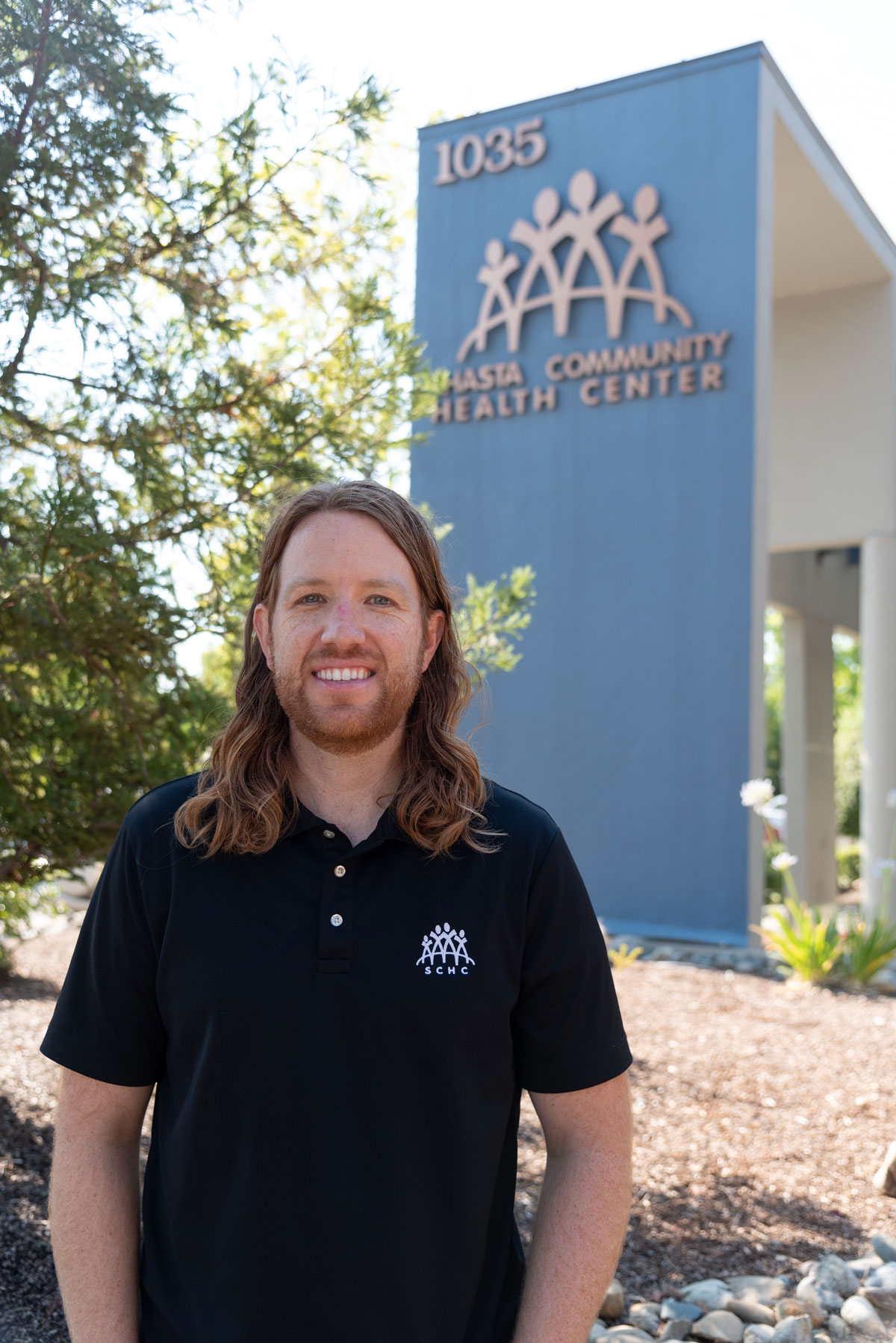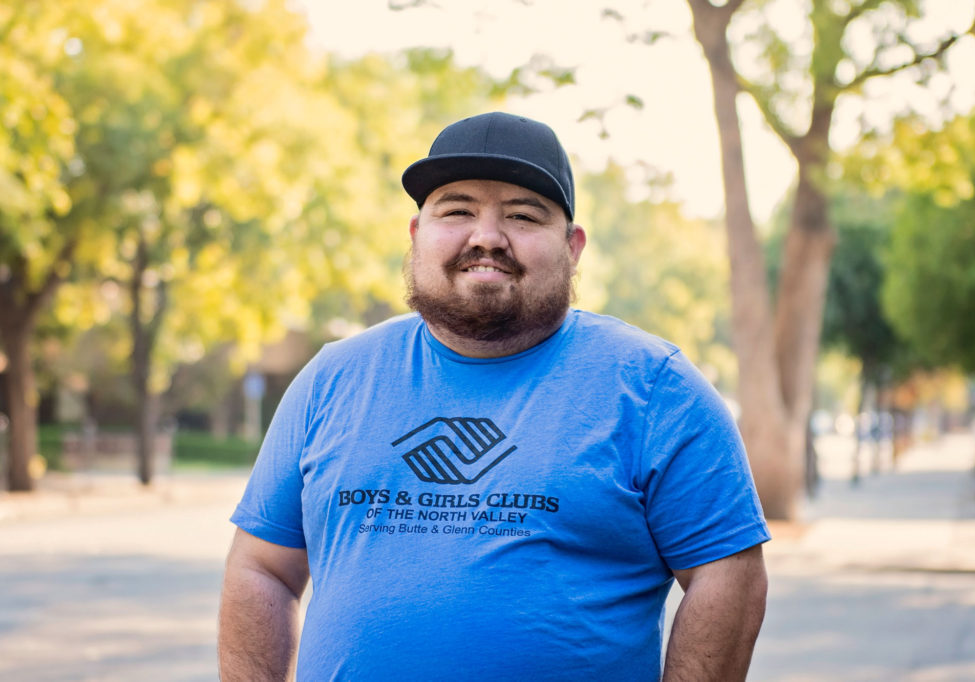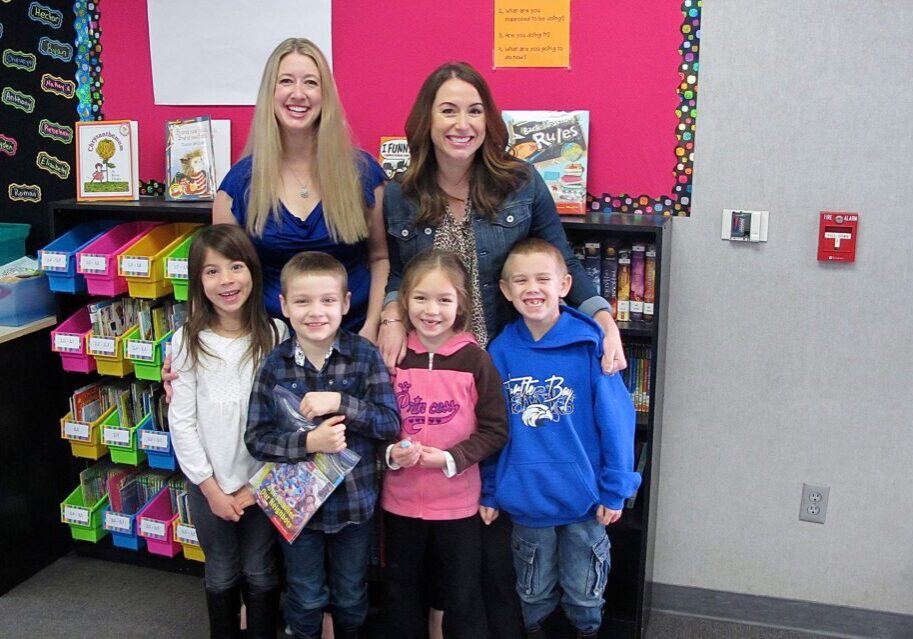 Heartfelt Healthcare for the Homeless in Redding
Heartfelt Healthcare for the Homeless in Redding
“I take care of wounds, drain abscesses, start blood pressure medicine, treat diabetes and treat psychiatric conditions,” says Dr. Kyle Patton, MD. While this may sound like a typical day in any medical practice, Kyle’s work takes place in a very unconventional office space—the streets of Redding, CA.
NSP: How did you start in street medicine?
Kyle: I was always drawn to medicine, but definitely had no idea I would find myself in street medicine. After graduating from the University of Utah, I took a homeless outreach worker position, which introduced me to medical professionals doing homeless outreach. Meeting the patients, hearing their stories, and getting to know them on a personal level gradually grew into a commitment to helping these people.
NSP: How does street medicine differ from practicing medicine in a more traditional setting?
Kyle: The dynamics of a patient/doctor relationship are mostly understood when people come into a clinic, but our team has to create that relationship. A big part of my job falls into “pretreatment,” meeting people on the street and letting them know we’re not here to judge them or make them change but to offer resources and help if they want that. A lot of our patients feel disenfranchised by society or have bad experiences with healthcare, so a medical team being willing to come out to their camps sends a very positive message. We tailor our approach to the patient and start with small issues so the patient realizes, “This is someone who really cares about and can help me.” Over time we can engage more about larger healthcare needs.
NSP: Are there misconceptions about street medicine?
Kyle: People often ask about my safety. In ten years, I’ve never had a concern for my safety, which I think goes back to the positive message to our patients: we’re not here to judge. We come very much from a place of helping and they accept that very positively. Sometimes people think we’re enabling our patients. Maybe we are to a degree, but we’re enabling them to make positive changes to their lives and showing our society still cares about them. My work is more of a band-aid than a solution; I think housing, case management support, and getting patients into stable living environments can better help their health outcomes in the long-term.
NSP: Has COVID-19 affected your work?
Kyle: We’re working closely with the public health department and the Good News Rescue Mission to help implement safety protocols. We’re also testing entire camps, people in shelters, and people who come to seek healthcare at our Hope Van (shastahealth.org/hope).
NSP: What brought you to Redding?
Kyle: My wife Lauren has some family in Redding. I knew Shasta Community Health Center was doing some cool homeless work, so when I finished my residency in Texas I came to interview. They were supportive of me continuing homeless healthcare, so we’ve been in Redding for about eleven months. We have a one-year-old son named Ford, and our second son, Truman Perry Patton, was born on June 17, 2020!
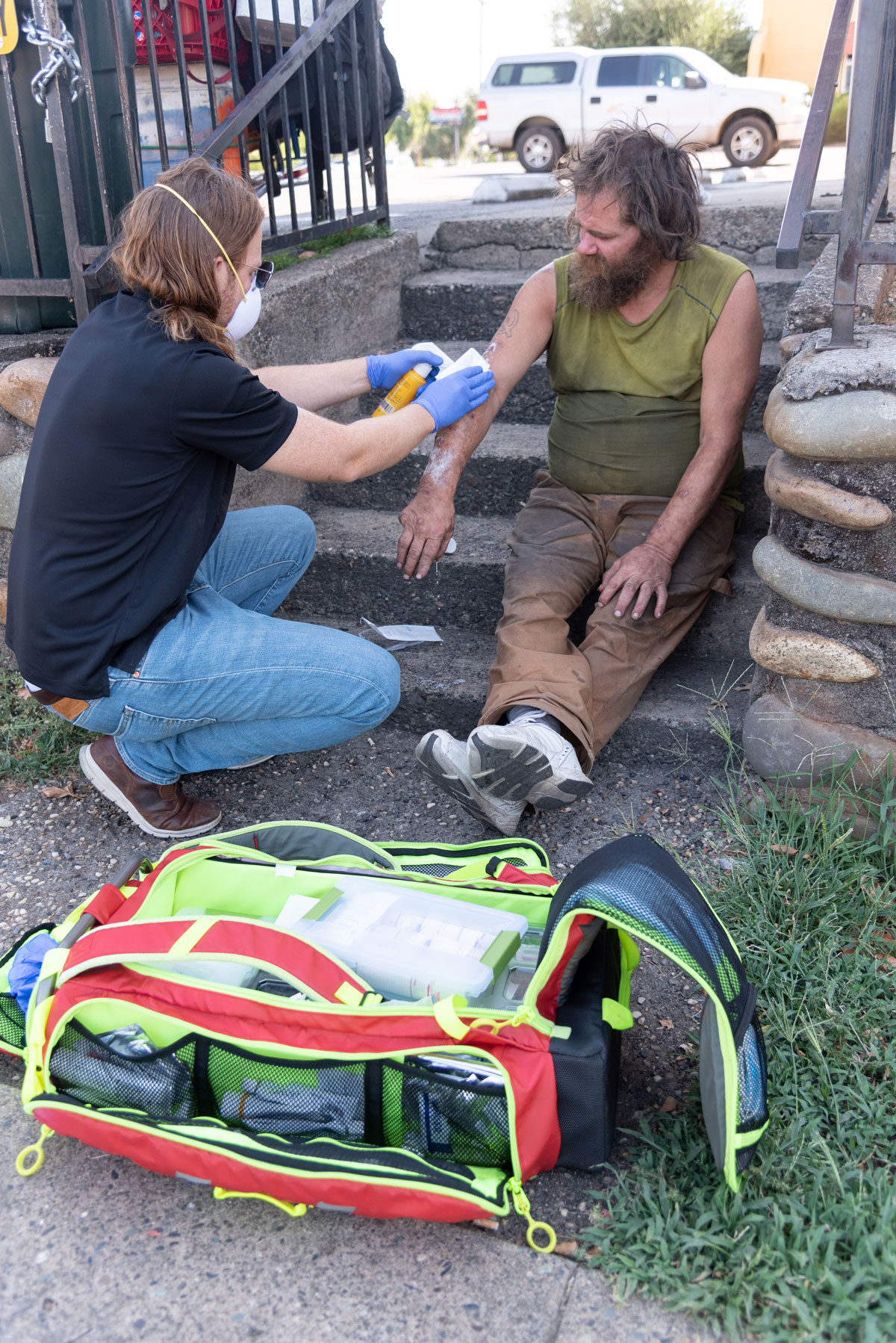 NSP: How do you handle the emotional weight of your work?
NSP: How do you handle the emotional weight of your work?
Kyle: I have kayaks, a paddleboard, and a mountain bike, so any time I’m not working I’m trying to do something active outdoors, which is a reason I love Redding!
Lauren and I put Ford in the backpack kid carrier and go hiking. I have a lot of good social and professional support inside and outside of work. Sharing not just the physical work we do, but the burden of the heavy situations we deal with is definitely essential. One thing that also helps me is focusing less on the outcome. We see a lot of difficult outcomes with our patients, given their social situations, so I try to focus on my relationship with them, on the small wins and seeing them make small positive changes.
NSP: How can North State families best reach out to the homeless?
Kyle: There are a lot of agencies doing great work with the homeless. Families can donate to our work (shastahealth.org). We operate under grant funding and some insurance reimbursement, but private donations go straight into tangibles like medications, wound care supplies, and food for our patients. Individuals with medical experience can check out the National Coalition for Healthcare for the Homeless (nafcclinics.org) or the Street Medicine Institute (streetmedicine.org). Keeping an eye out for legislation that might help or hurt the homeless is important. More than anything, our patients need strong allies here in the community to advocate for them.
Posted in: Be The Change
Comment Policy: All viewpoints are welcome, but comments should remain relevant. Personal attacks, profanity, and aggressive behavior are not allowed. No spam, advertising, or promoting of products/services. Please, only use your real name and limit the amount of links submitted in your comment.
You Might Also Like...
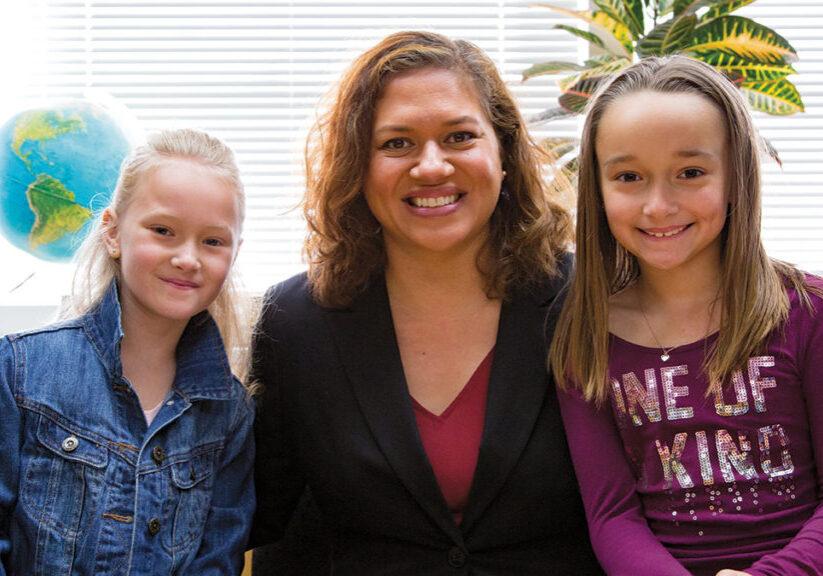
Leaving The Corporate For The Kids
Be the Change Mele Benz: Leaving The Corporate For The Kids “What do you do when you feel like the end of the world might be imminent? For me, […]
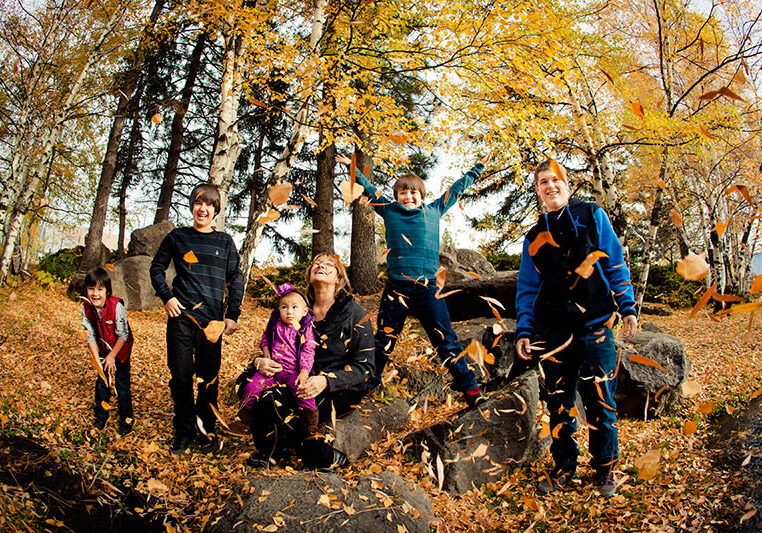
Be the Change: Robin See-Swenson – Planting Seeds For Change
Mt. Shasta Marriage and Family Therapist Robin See-Swenson lives with the philosophy that she can be the change she wants to see: in her family, the community, and the world. […]
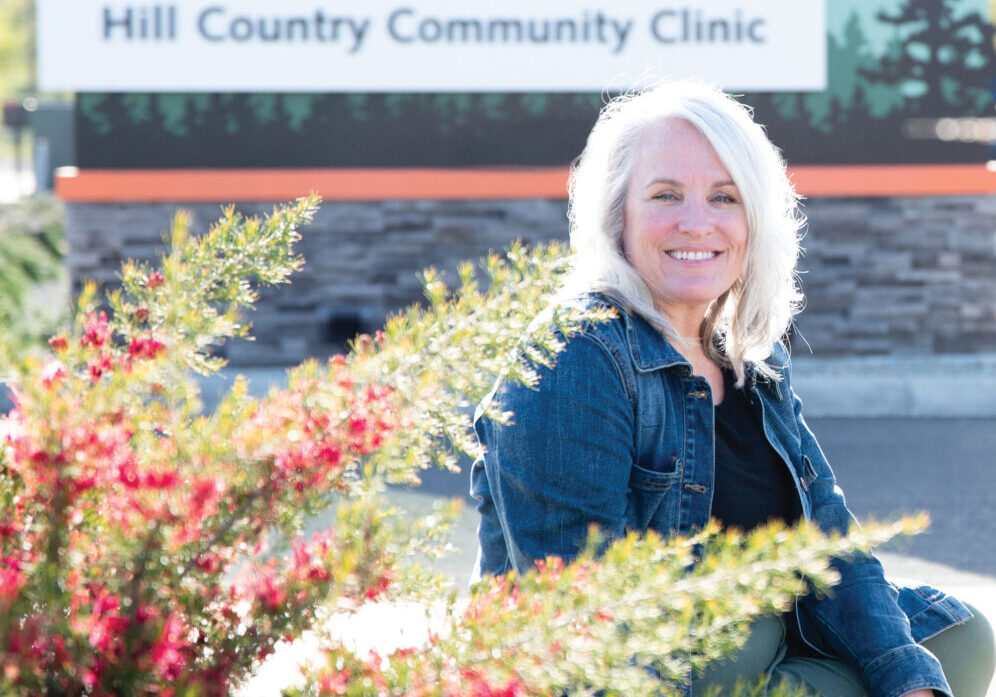
Jo Campbell Has A Superpower
It’s almost a superpower,” says Heather Wylie of her friend Jo Campbell. “Jo has an amazing, gracious ability to get people from very different perspectives to talk with each other, […]
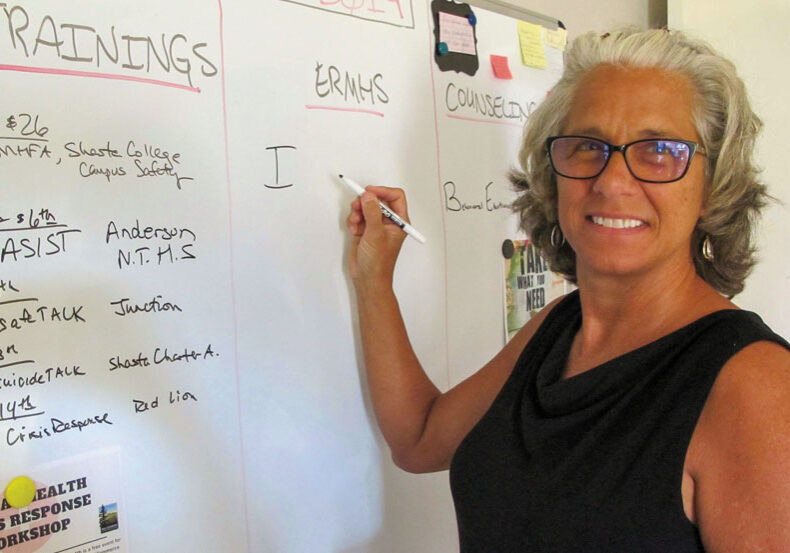
Marcia Ramstrom Supports Mental Health
In 2013, Marcia Ramstrom sold most of her possessions, rented out her house, and moved her daughter Grace and herself into her RV. Why? Marcia had a mission. After a […]


